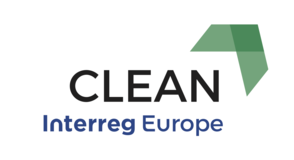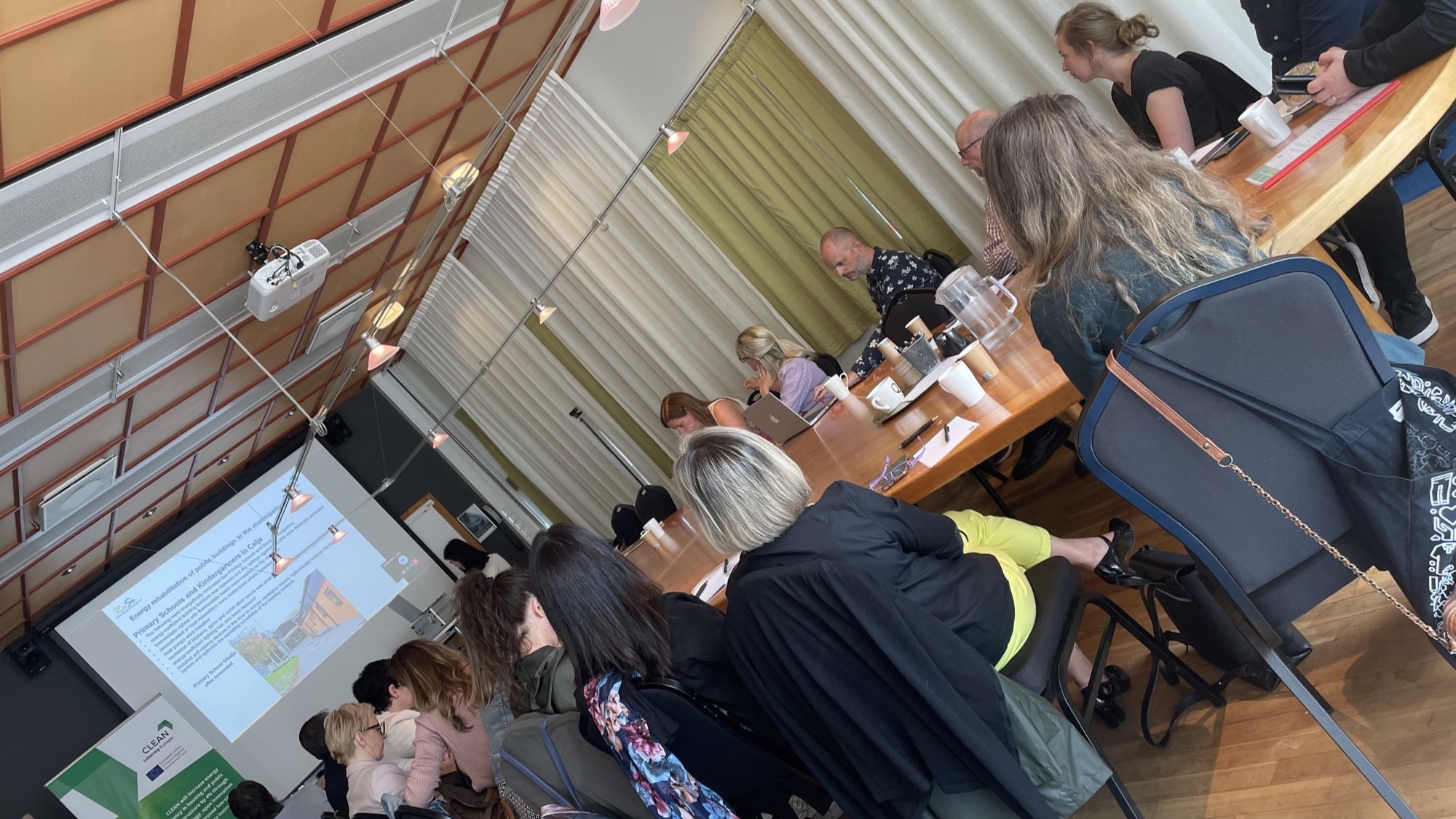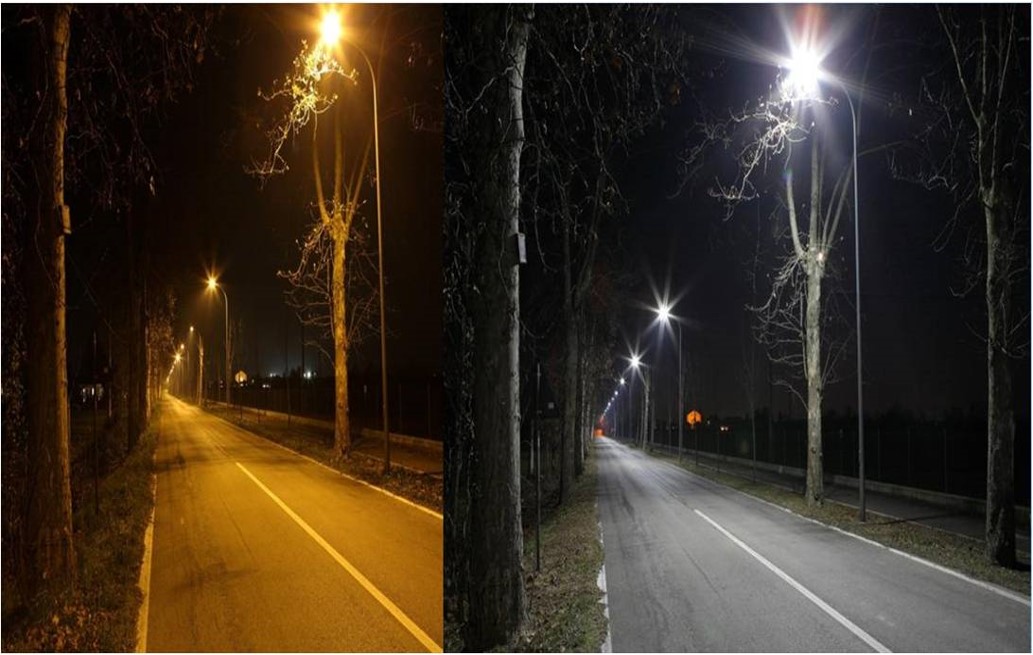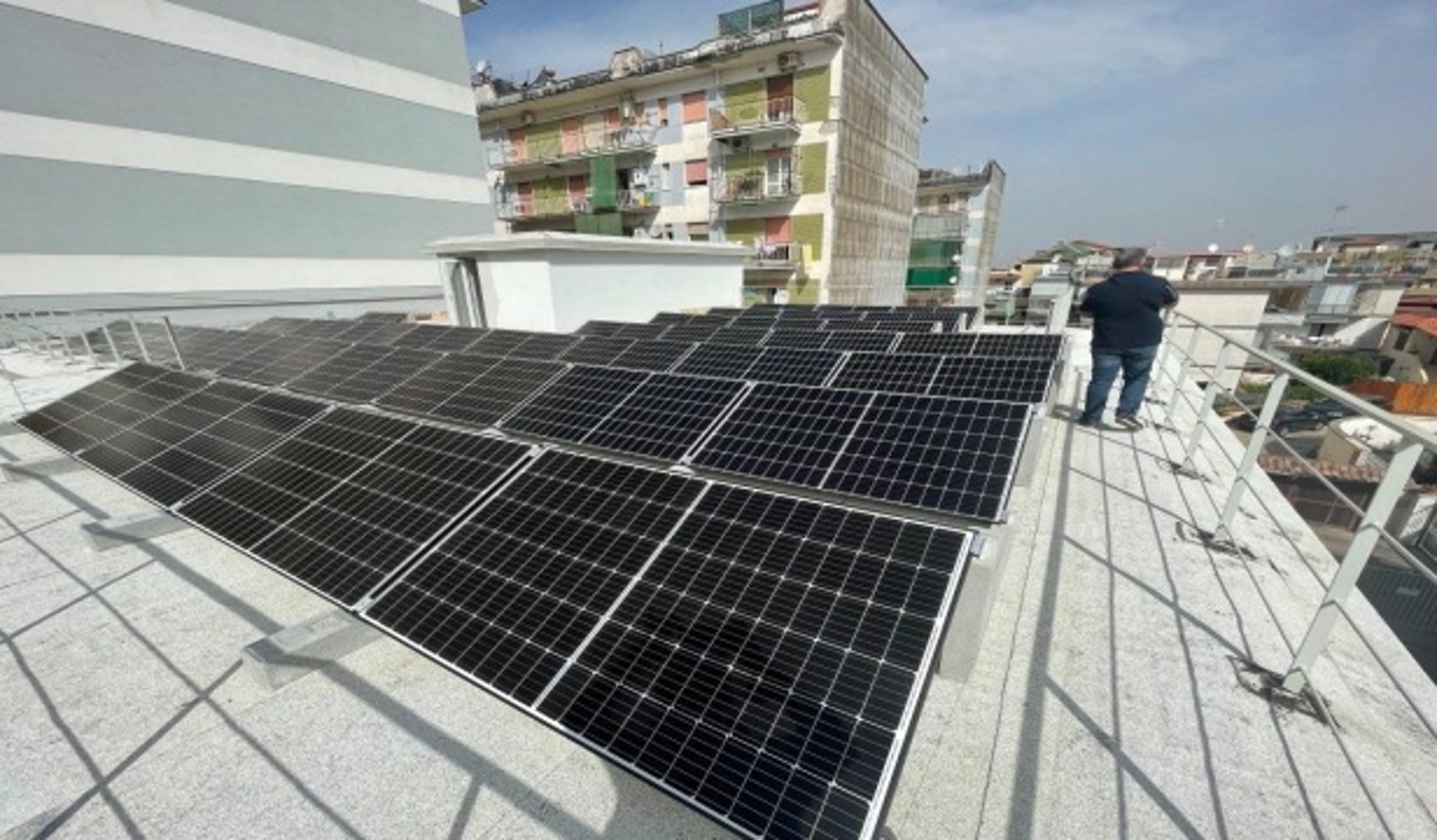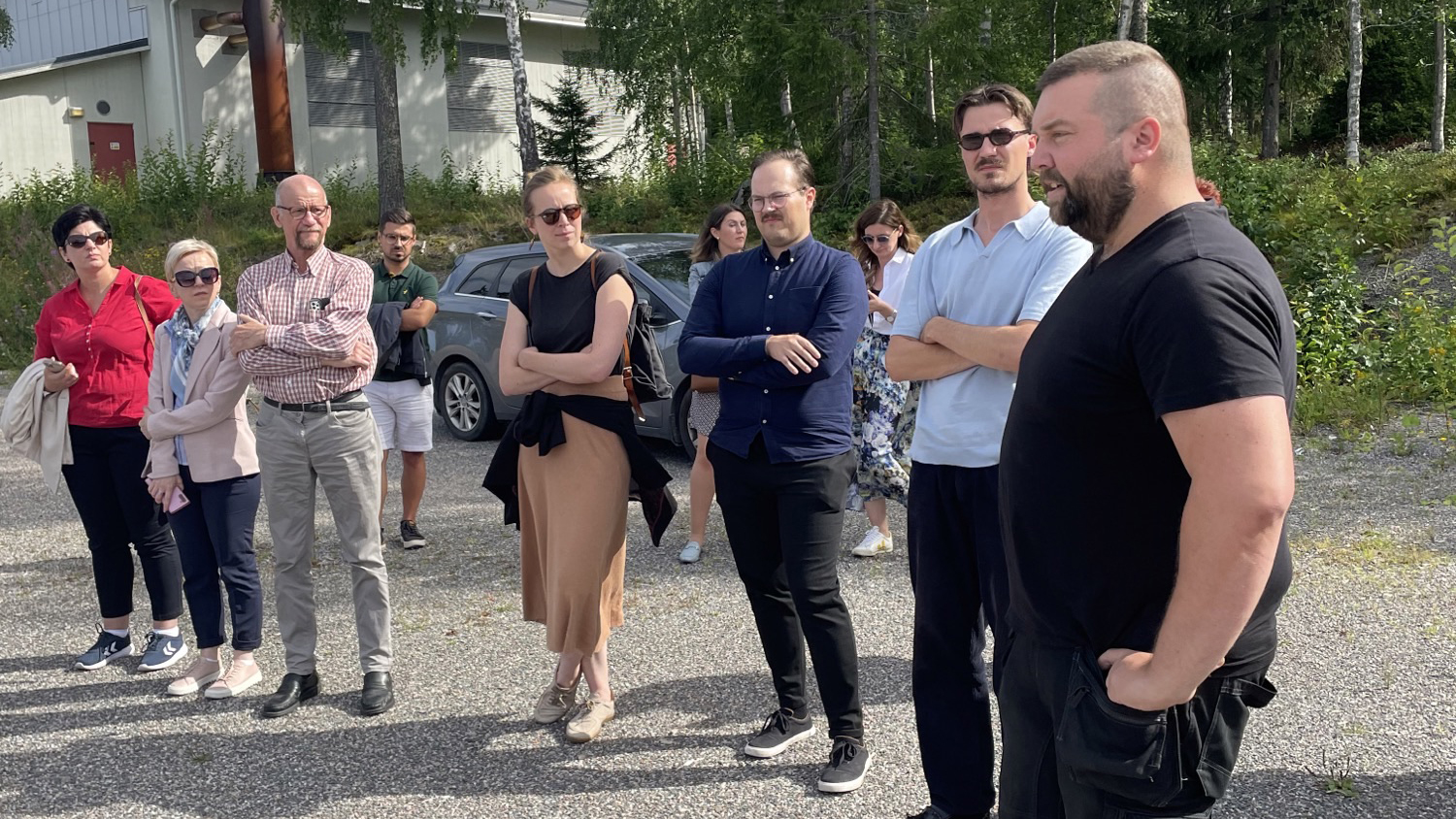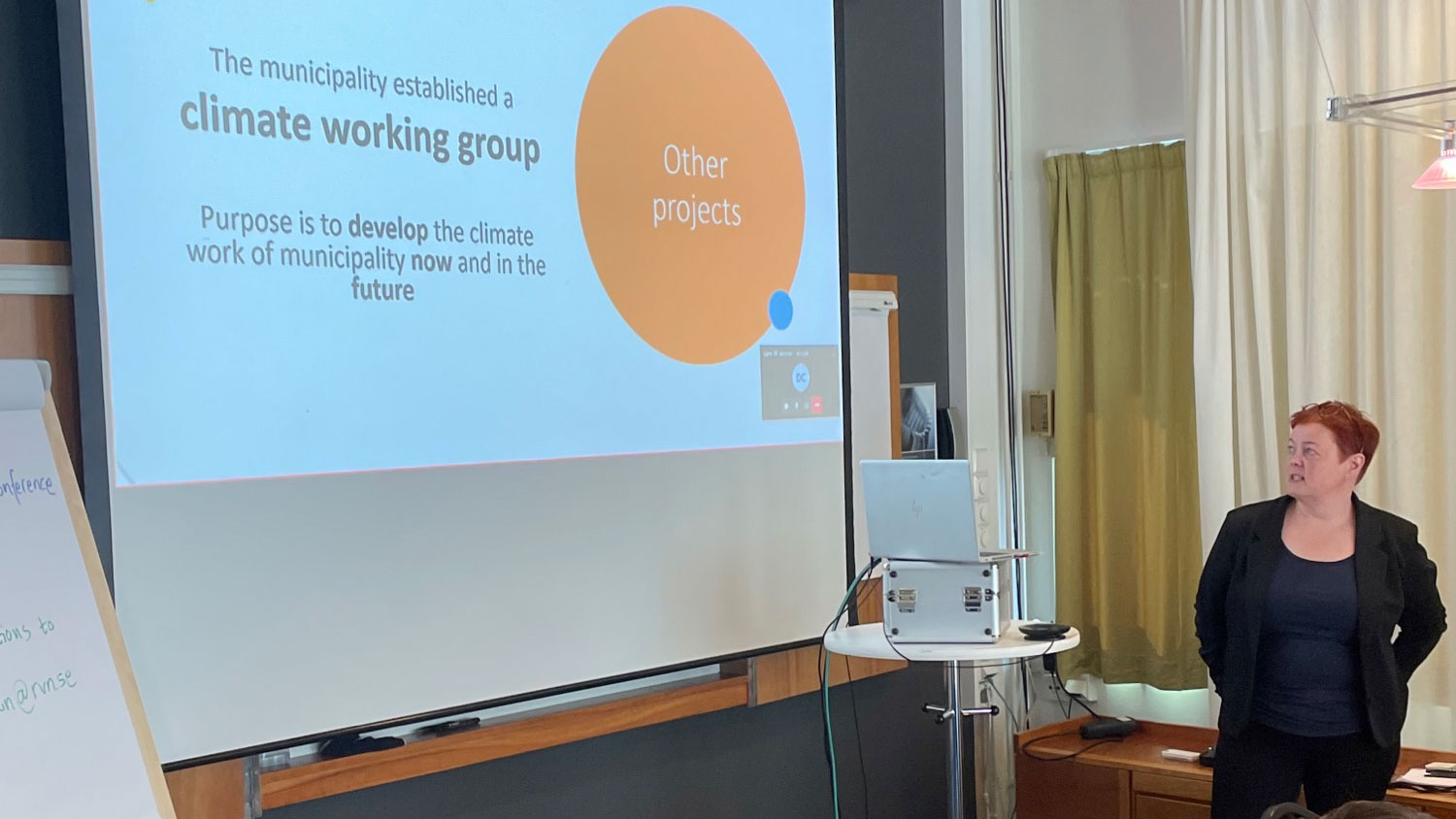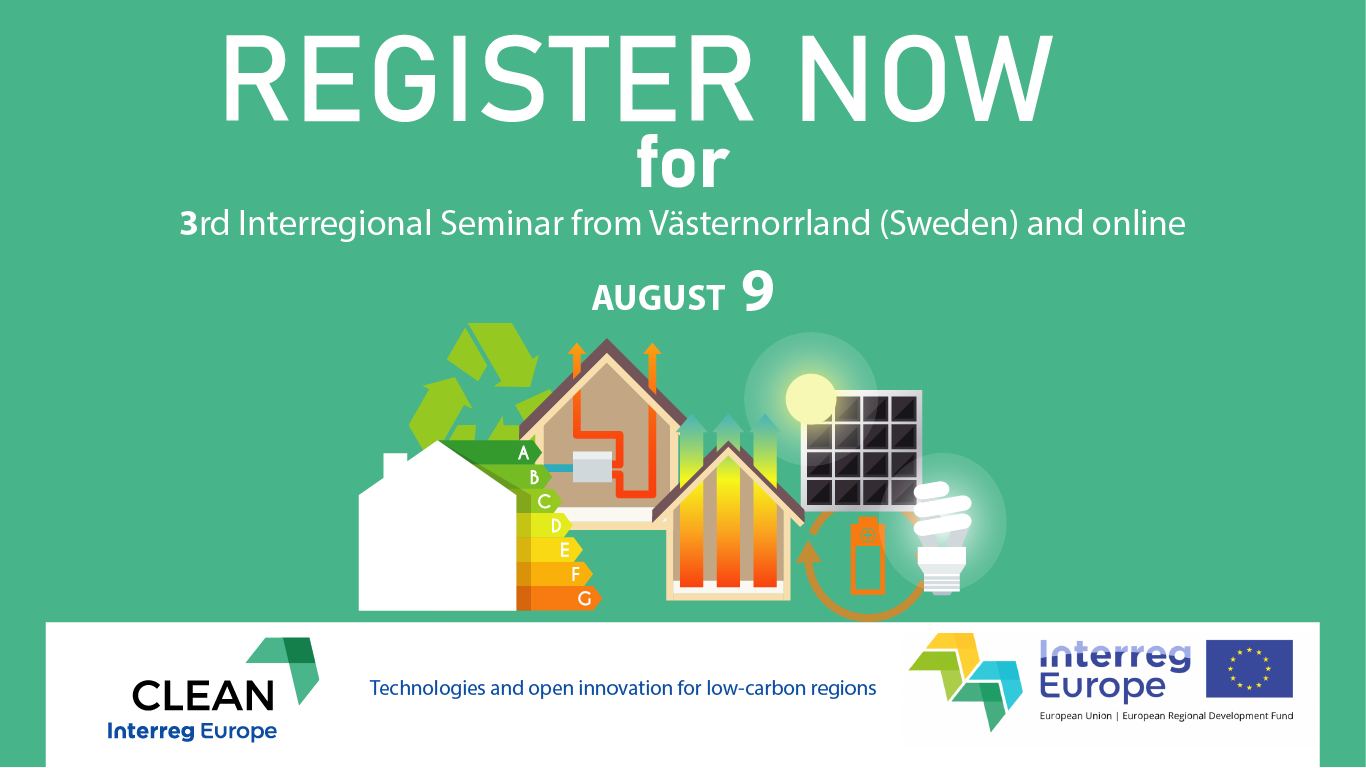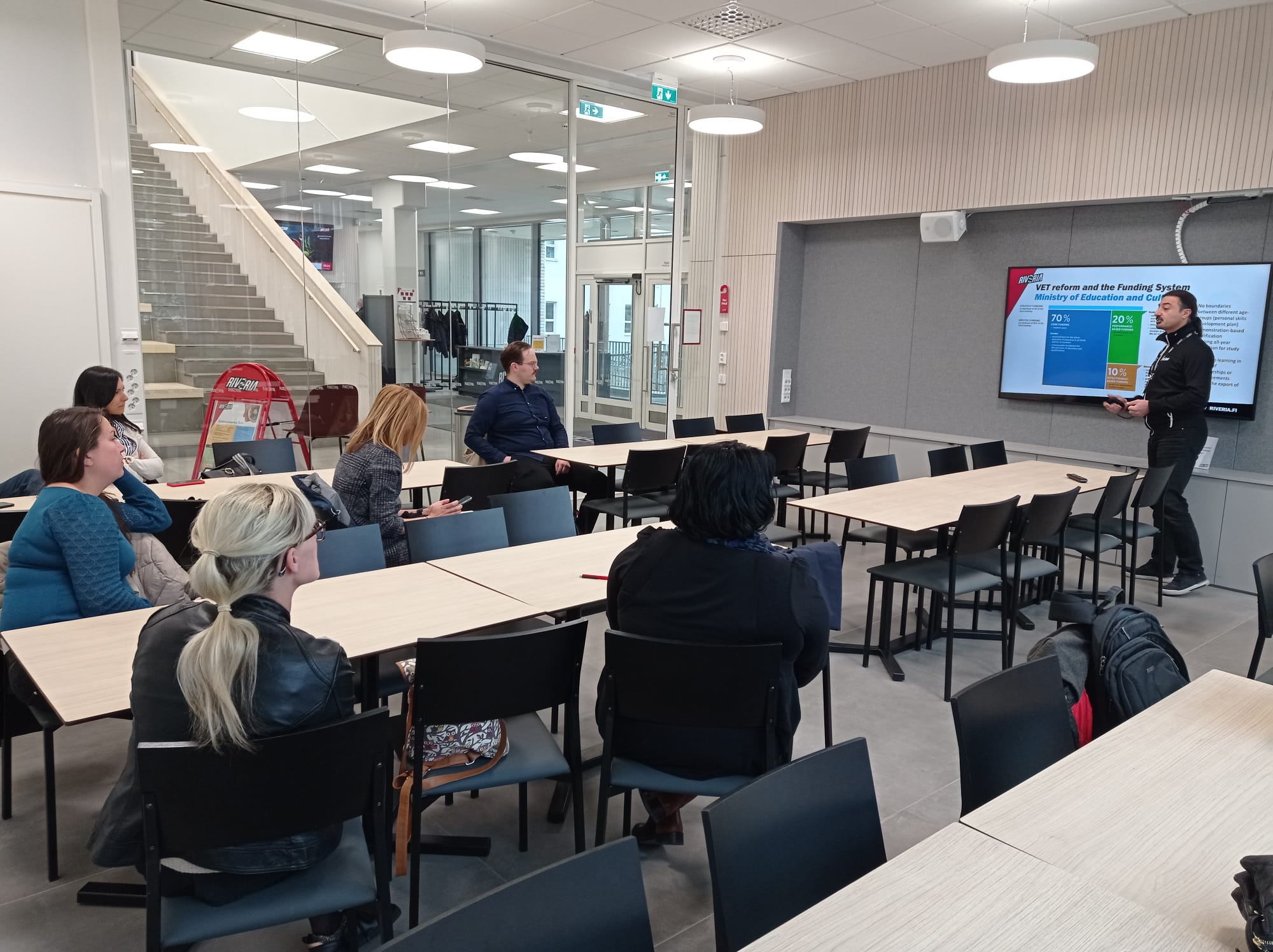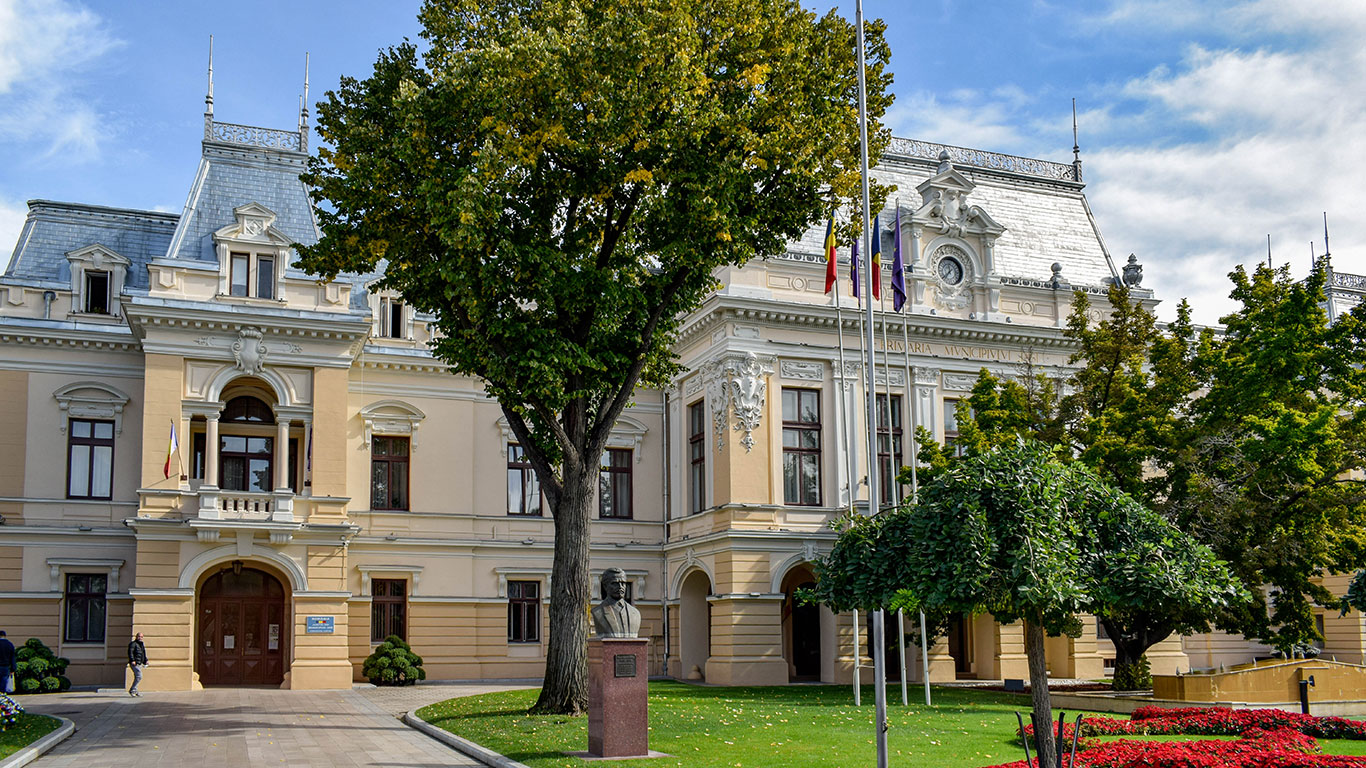This week we speak with partners Maria Apostolaki, Project manager, and Giouli Giannadaki, Financial Manager with the Region of Crete (Greece) to find out more about the progress of their Regional Action Plan.
What is the full name of your Action Plan? “Low- carbon strategies in a rural area in Crete – The case of Lassithi Plateau in the region of Crete (Greece)”
What is the aim? The Action Plan aims to enhance the transition to a low-carbon rural area in Crete (Lassithi Plateau) deploying energy solutions in Buildings, Mobility and Public Infrastructure, based on a thorough study and a detailed analysis not only of the good practices of the CLEAN partners but also of the overall spatial and economic conditions in the region of Crete.
What will be the main output? The main output will be that in a well-known rural area in Crete pioneering activities will be implemented in the field of energy saving and in the future the action can be communicated and replicated in other rural areas of Crete with similar characteristics.
What is the name of the policy instrument or instruments addressed? The Regional Operational Program “ROP Crete 2014-2020” , Axis 2 “Sustainable Development by upgrading the environment and addressing/ deal with the impact of climate change in Crete”.
What would you highlight from the policy framework? The energy sector is one of the key pillars of shaping and practicing policies in the context of the country’s development strategy for the next decade. Therefore, there is specific policy framework at national, regional and local level with initiatives and actions that are related to the CLEAN project and the objectives of the Regional Action Plan. The policies outlined at each of the above levels give priority to actions related to environmental protection and low carbon economy, which are the objectives of the CLEAN project, so the Action Plan can be integrated into the next programming period.
Could you tell us a little bit about the background of your action? The exchange of experience of the CLEAN project partners and more precisely the valuable knowledge extracted from the corresponding good practices, highlighted the importance of undertaking measures and implementing actions towards a low carbon economy.
The proposed action was inspired by the Good Practice of the project partner Fomento de San Sebastian "REPLICATE". The aim of the Good practice was to enhance the transition to a nearly zero district in Urumea Riverside (Donostia) deploying smart solutions in Energy, Mobility and ICT/Infrastructures efficiency areas. The Region of Crete was inspired by the holistic approach for increasing the efficiency in various fields of an area and has proposed an action aspires to create the Near Zero Rural Area in Crete. The main objective is to create an exemplary low-carbon rural area which will then be adopted by other rural Municipalities in Crete and be replicated in other rural areas with similar characteristics, geomorphological and socio-economic conditions and energy needs.
Why did you choose that specific action? For the Region of Crete the holistic approach for increasing the efficiency in various fields of an area was very inspiring. For that reason, the Region of Crete has proposed an action that aspires to create a Near Zero Rural Area in Crete. After a thorough study and detailed analysis of the geographical, but also socio-economic, environmental and energy conditions prevailing in Crete and among three representative areas, it was more appropriate to consider the case of a rural area of the island and not an urban one, as they are numerically superior. In addition, investments in energy saving and awareness-raising activities in rural areas are limited. Finally, these areas gather the main economic pillars of Crete, the primary sector and tourism, whose activities are directly related to energy consumption and climate change.
What is the impact that you are expecting? Besides the expected savings in energy and money, the main impact expected from the implementation of our Action Plan is to raise awareness of the local people and the visitors. Our intention is to get them familiar with the meaning of low carbon economy and energy efficiency, their benefits and the ways that each one can contribute to the achievement of energy goals.
Which players are involved? Public authorities. i.e. the Region of Crete for coordinating and monitoring the implementation, the Municipality of Lassithi Plateau for coordinating, implementing and monitoring the action, the Private Sector (Project contractors, engineers, economists, Suppliers) for designing and implementing the projects and the teachers and pupils from the school units that will participate in the training.
How are you going to monitor it? The monitoring and effectiveness plan of the Action Plan includes indicators for the schedule, performance, effectiveness and participation of the beneficiaries.
